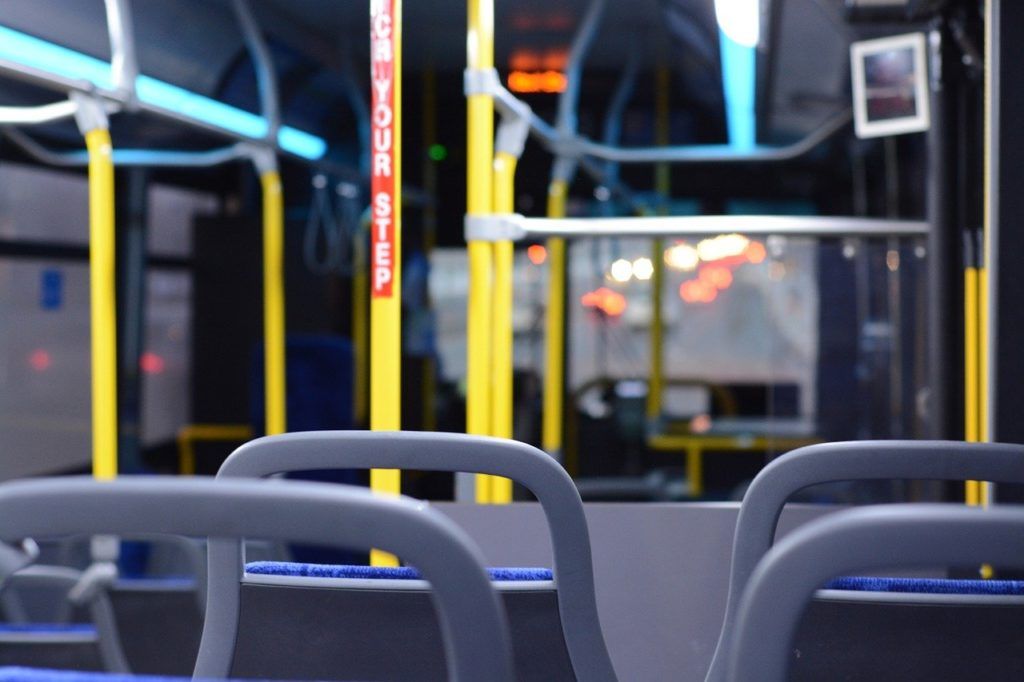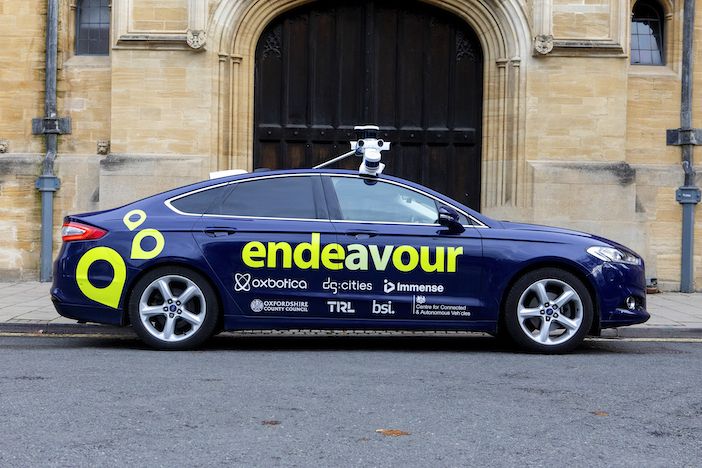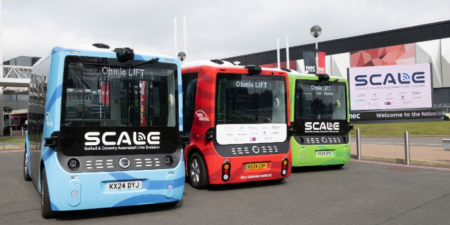Ed Houghton, head of research and service design at DG Cities, gives his opinion on how the pandemic is affecting travel behaviour and explores the key factors we must consider when designing future mobility solutions that are Covid secure
One of the immediate impacts of Covid-19 on urban centres has been the significant change in public transport usership as citizens have moved away from public transport into cars, onto bicycles or towards walking as a method of getting from A to B. Whilst some of these shifts may at first appear temporary there is a risk that some of the more negative modal shifts (e.g. into private cars) could linger. A negative shift in public transport attitudes and behaviours of this type could be hugely disruptive to city leaders already struggling to both meet stretching greenhouse gas emissions targets, and improve the experience of citizens who are using city roads.

We already know that the impacts of the pandemic on urban mobility are diverse and multifaceted, but one key attitudinal barrier appears to be the perceived safety of public transport and private ride-sharing vehicles during a time when governments are advising the public to social distance. Data from the London Datastore illustrates that continued low journey rates on public transport in the city are struggling to return to pre-lockdown levels, even when restrictions were being eased. The reasons for this are numerous: perceptions of safety, advice and guidance from central and metropolitan government, and changing work habits (e.g. rapid rise in remote working/working from home) mean behaviour has radically shifted in just six months.
It is clear that new interventions may be needed to improve public transport safety and promote the use of alternatives to private vehicles both during and beyond the end of the pandemic. One new technology that is very early in development but which has been often cited as the future blend of public and private transport is that of autonomous vehicle ride-sharing. At DG Cities we are excited to be part of the Project Endeavour consortium exploring the future of autonomous vehicle transport, and their potential in offering ride-sharing services post Covid-19.
Understanding crisis travel behaviour
Events throughout modern history highlight how changes in attitudes and behaviours can be swift and significant when significant disruptive events occur. The London terror attacks of July 2005 led to citizens avoiding the London Underground for months, and moving to other modes of transport, particularly cycling. A similar effect resulted from the 9-11 terrorist attacks in New York, which significantly reduced air-passenger numbers, with some describing a shadow over air transport usership for several years after the events of 2001.[1]
It appears that the 2020 pandemic may be having a similar effect. From a behavioural perspective the rate at which public transport demand returns will likely depend in part on whether Covid-19 permanently changes the way in which citizens travel. For example, increased health checks, particularly for long-distance inter-city journeys may provide some sense of security to passengers but if such procedures are too time consuming, invasive or perceived to be ineffective, this may dissuade passengers and push them towards private methods of transport.
This would of course be disastrous in cities which are already struggling to meet greenhouse gas emissions targets. Whilst the immediate impact of lockdown and social distancing has been to reduce journeys and emissions from transport in the near-term, it may be that citizens are merely putting off major journeys to a later date, and when they do make them, they may travel via more polluting private methods. And they may use these methods more frequently if new habits are formed, and other transport modalities do not evolve to meet their needs.
As a result of this city leaders and transport planners will need to think about innovations which overcome the barriers created by Covid-19, and then promote and ‘nudge’ citizens onto more sustainable methods. This is in part what we’re exploring through Project Endeavour.

Project Endeavour: understanding user needs for AV ride-sharing
Over the coming 12 months Project Endeavour is testing autonomous vehicles in live urban environments across the UK. As part of the project DG Cities is working with local authorities and citizens in the community to explore the potential for future ride-sharing services that are enabled through autonomous vehicle technology. Our research will inform the development of services which are built around users, and which make the best use of the latest innovations in technology.
A key research theme we are exploring is whether Covid-19 has shifted perceptions of ride-sharing services, and how ride-sharing services delivered by AVs could be designed with social distancing, user safety and user privacy in mind. As well as demonstrating the potential for new technology we hope to utilise the knowledge, ideas and creativity of local communities to help develop solutions that are future fit as well as inclusive and accessible to all. Post Covid-19 attitudes and behaviours may require a radical rethink about mass transit and its effectiveness.
Through public engagement we hope that the insights we capture will inform and guide the design of future services and enable us to develop a blueprint for a future ride-sharing services that are Covid-19 secure. Key to this is giving a voice to all stakeholders in the community. This we hope will ensure that any progress that is made towards achieving reduced GHG emissions targets does not become another victim of Covid-19.
You can find out more about Project Endeavour, and sign up to participate in our user-research activity by visiting the project website.
[1] Ayton, Peter & Murray, S & Hampton, J. (2019). Terrorism, dread risk and bicycle accidents. Judgment and Decision Making. 14.





